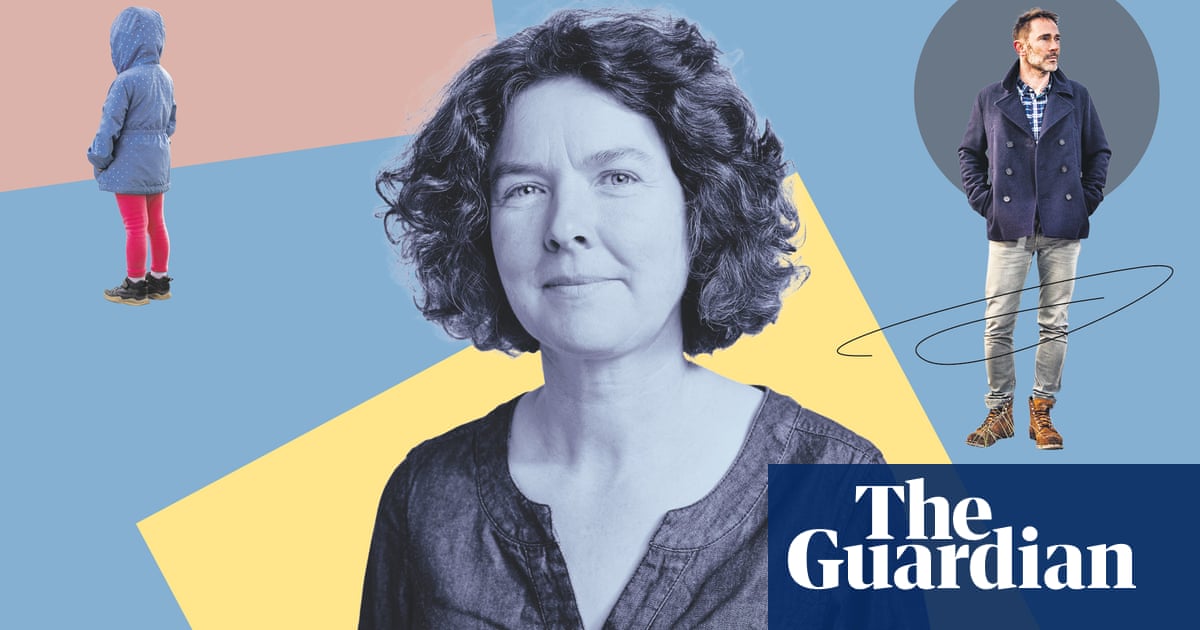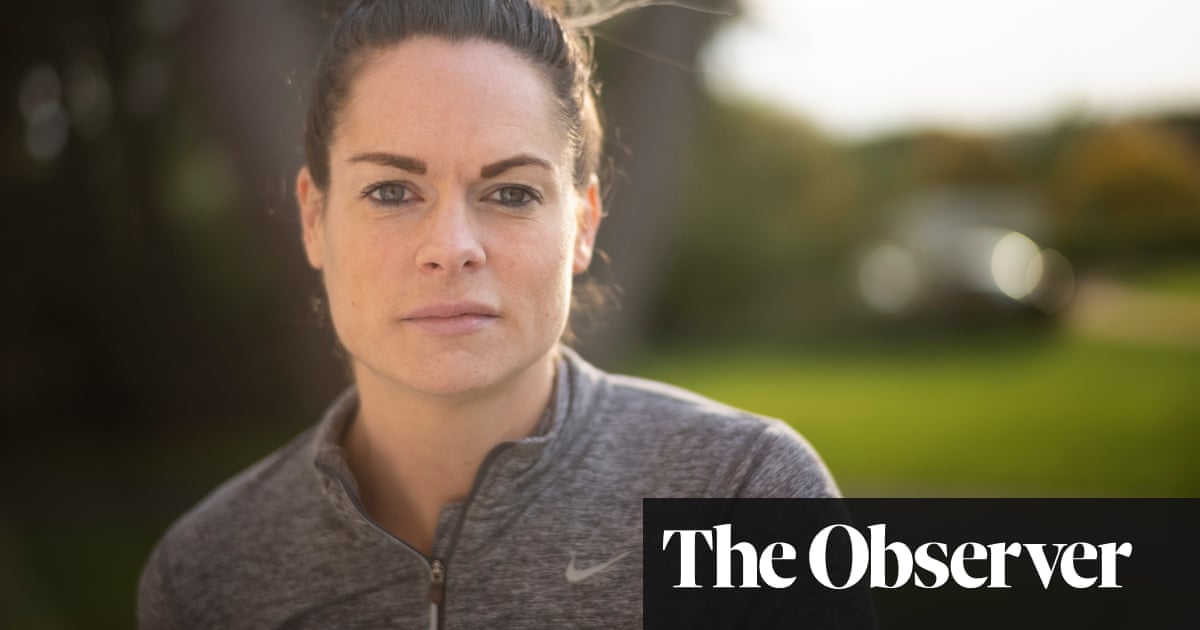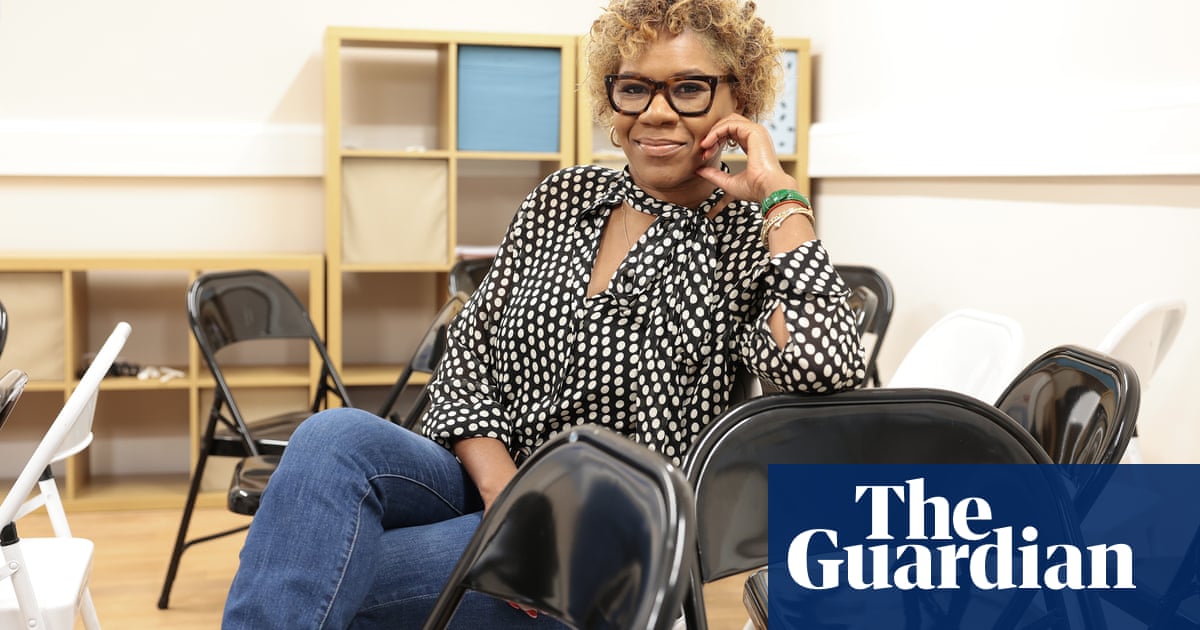
Rarely can 10 words dropped into a TV chatshow have caused such a powerful ripple as those by the Blitz actor Saoirse Ronan on The Graham Norton Show.
As fellow actors Paul Mescal, Eddie Redmayne, Denzel Washington and host Norton hooted with laughter over whether a mobile phone could be used as a weapon in self-defence, Ronan instantly punctured the merriment with the simple phrase: “That’s what girls have to think about all the time.”
One week on, the viral clip is still being shared. Ronan had nailed it, online commenters argued. Men, even the good guys, seem to have a blind spot when it comes to women’s lived reality.
“Moments like these bring attention to the different, often contrasting, daily experiences of men and women,” said the Women’s Aid charity. “The reality is that we live in a misogynistic society where male violence against women is an epidemic, and women and girls are forced to think about their safety from a very young age.
“We need to come together collectively and confront the misogyny that allows for violence against women and girls, so that the issue is rooted out at the core and women are not left with the responsibility of having to continually protect themselves in everyday life against male violence.”
New research by YouGov shared with the Guardian asked 1,200 women aged from 18 to their 80s to describe in their own words: “What do women want men to know about what it is like being a woman in Britain?”
The analysis of responses by YouGov concluded: “The most pressing challenge that women felt men needed greater awareness and understanding of was women’s safety, gender-based violence and harassment – which some referred to as an ‘epidemic’.
“Women spoke of ‘constant hyper-vigilance’ where the fear of harassment or violence prompts a variety of safety measures, ie self-imposed curfews (not venturing out late at night) and clutching their keys walking home as makeshift weapons,” found the research carried out in early October.
One respondent wrote that she wanted men to know “how terrifying it is sometimes just existing – how I always know where my keys are and [am] constantly looking behind me when walking in the dark/at night. How intimidating and disgusting some men can be – how frequent and rife harassment and misogyny is.”
While women appreciate the problem does not stem from all men, it is impossible to tell at a glance which men will and will not be a danger to them. They needed men to hold other men accountable and understand more about the issue, the poll found.
“We’re scared of all of you until we know you,” was one response, its sentiments echoed by many others. “It’s not all men, but how on earth are we supposed to know that, when it is some men? If your friends are predators or sexist or both, call them out on it publicly and defend women against their views and deeds. We need you as allies.”
Personal safety was one of the major areas women felt men did not fully understand, with others including the “juggling of many roles” women performed, and lack of understanding of biological challenges, such as menstruation and menopause.
The YouGov analysis concluded: “Ultimately, what women were looking for was increased sympathy, awareness and understanding of these specific issues, and respect for the challenges that women endure.”
The London-based charity Solace Women’s Aid is running a Good Guys Guide campaign with seven rules to help men make women feel safer and to “create a movement dedicated to ending all forms of violence against women”.
“That movement must include men because women need allies to challenge the casual disregard of women’s right to feel safe anywhere and at any time,” a spokesperson said. “Men know that this is not a safe world for women, they’ve known for generations, we need them to support us to create safe futures for all.”
Abigail Ampofo, the interim chief executive of the charity Refuge, said: “As girls, we are conditioned to police our own safety, taught to carry rape alarms, not walk home after dark, carefully choose our partners. Male violence against women and girls is always at the front of our minds.
“We need to see men be better allies, recognising that this isn’t really the subject for ‘lighthearted banter’ but an issue impacting women and girls on a scale that they need to better understand and act against.
“When a woman is killed by her partner or ex-partner every five days in England and Wales, and one in four women will experience domestic abuse in their lifetime, this is no laughing matter.”
Emma Lingley-Clark, the interim chief executive of the Suzy Lamplugh Trust charity, said Ronan’s comments “underscore the constant vigilance many women feel compelled to maintain in order to stay safe”. The exchange reflected “a broader tendency to underestimate how pervasive these issues women face are”.
She added that the onus for change should not be on women. It required “systemic change to reduce harmful behaviours so that everyone can feel safe, without the need to consider self-protection measures as a daily norm”.
Rachel Adamson, of the Scottish charity Zero Tolerance, said: “The potential threat of men’s violence constantly lives in the back of women and girls’ minds. We take routine action to keep ourselves safe – often unthinkingly. The recent discussion on The Graham Norton Show on how personal possessions can become tools of safety, illustrates how men and women experience very different worlds.
“That’s why it’s so important to have conversations dedicated to women’s experience, like the upcoming UN 16 Days of Activism to end gender-based violence, starting at the end of this month. It’s key we have these conversations with men, not just so they are aware of the impact of men’s violence but so that they can also see their role in ending it,” she added.












